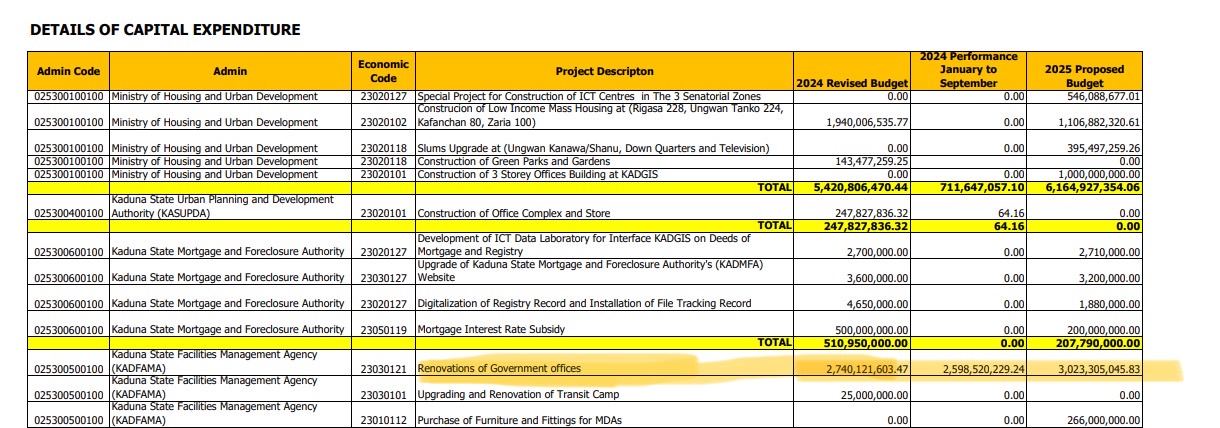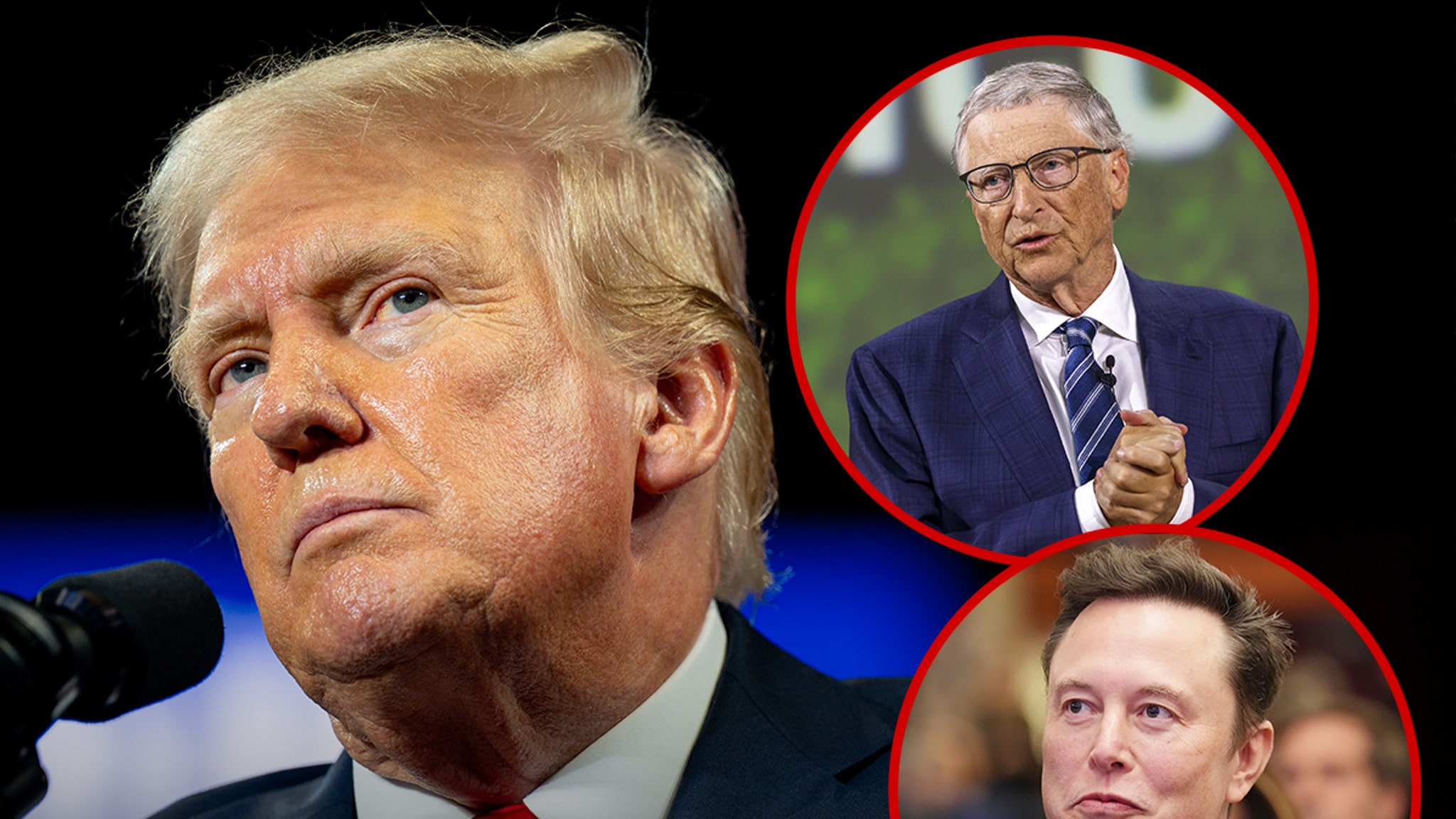Leveraging supply chain innovations and AI for economic growth
ARTICLE AD BOX
Nigeria stands at a critical inflection point. With over 60 percent of its population under the age of 25 and youth unemployment exceeding 41 percent (according to Statista), the country faces a dual challenge and opportunity. By leveraging supply chain innovations and advanced technologies like Artificial Intelligence (AI) and the Internet of Things (IoT), Nigeria can unlock significant economic growth, reduce unemployment, and position itself as a global logistics player. Lessons from other emerging economies provide a roadmap for Nigeria to adopt best practices and achieve comparable success.
While Nigeria struggles with inefficiencies in supply chain management, countries such as India, Indonesia, and Vietnam have implemented transformative strategies by integrating advanced technology and workforce development. These nations demonstrate how Nigeria can harness its demographic advantage.
Read also: The Industries Leveraging Artificial Intelligence to Improve Their Products and Services
India’s success story
India has achieved remarkable progress in supply chain efficiency through digital initiatives like the Digital India programme. By integrating AI-powered platforms and blockchain for transparency, the country improved its Logistics Performance Index (LPI) ranking from 54th in 2014 to 44th in 2018, according to the World Bank.
India’s strategy includes massive workforce training through initiatives such as the Skill India programme, which equips young workers with AI and data analytics skills tailored for supply chain operations. Additionally, technology startups like Delhivery use AI to optimise logistics and last-mile delivery, creating job opportunities in data science and logistics coordination.
Vietnam’s transformation
Vietnam’s emergence as a global manufacturing hub is underpinned by substantial investments in infrastructure and logistics technology. Ranked 39th on the LPI, Vietnam has successfully employed public-private partnerships (PPPs) to modernise ports and develop smart warehouses.
Vietnam has also leveraged its youthful workforce and adopted IoT for real-time tracking and quality assurance, enhancing manufacturing exports and driving economic growth.
Indonesia’s embrace of AI
Indonesia, with a population exceeding 273 million, has embraced AI to address logistical challenges in its burgeoning e-commerce sector. Leading tech companies like Tokopedia and GoTo utilise AI for route optimisation, reducing delivery times and costs by analysing traffic patterns in real time. They also provide scalable solutions, building platforms that enable small and medium enterprises (SMEs) to access AI-driven logistics solutions.
Lessons for Nigeria
Nigeria’s Primelink SmartLink Project demonstrates the potential for technology-driven supply chain transformation. By integrating AI, IoT, and blockchain, the project achieved a 20 percent reduction in logistics costs and a 30 percent improvement in delivery reliability.
To replicate the successes of India, Vietnam, and Indonesia, Nigeria must focus on three key areas:
Workforce development: Similar to India’s Skill India programme, Nigeria needs robust training initiatives to equip youths with AI, IoT, and supply chain management skills.
Infrastructure enhancement: Like Vietnam, Nigeria should prioritise public-private partnerships to modernise ports, roads, and warehouses.
Adoption of scalable AI solutions: Following Indonesia’s example, Nigeria should develop platforms accessible to SMEs, enabling them to integrate AI into logistics operations.
Nigeria has the tools and demographic advantage to transform its supply chain sector, catalysing economic growth and job creation. By learning from the successes of India, Vietnam, and Indonesia, Nigeria can adopt a tailored strategy that incorporates workforce development, infrastructure investment, and advanced technology integration.
Read also: The Role of Artificial Intelligence in Sports Performance Analysis
A local success model
The SmartLink project provides a proven local model, showcasing how AI and IoT can revolutionise supply chain operations. By scaling such initiatives, Nigeria can position itself as a leader in supply chain innovation, leveraging its youthful population to drive sustainable growth and global competitiveness.
Lawrence is a supply chain expert.


 4 days ago
4
4 days ago
4


















.jpg)



.jpg)

.jpg)








 English (US)
English (US)